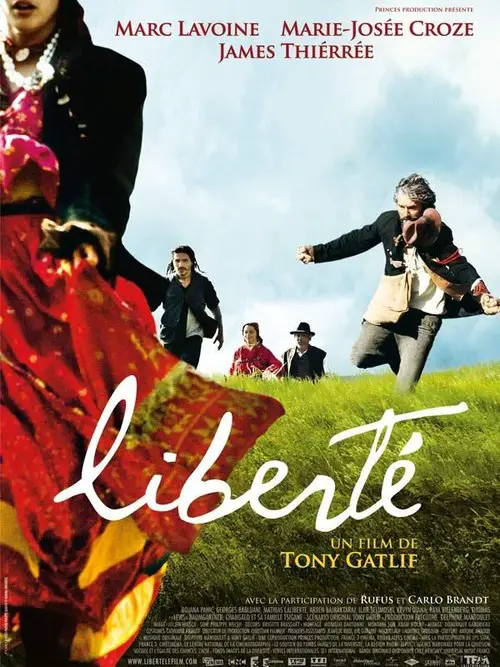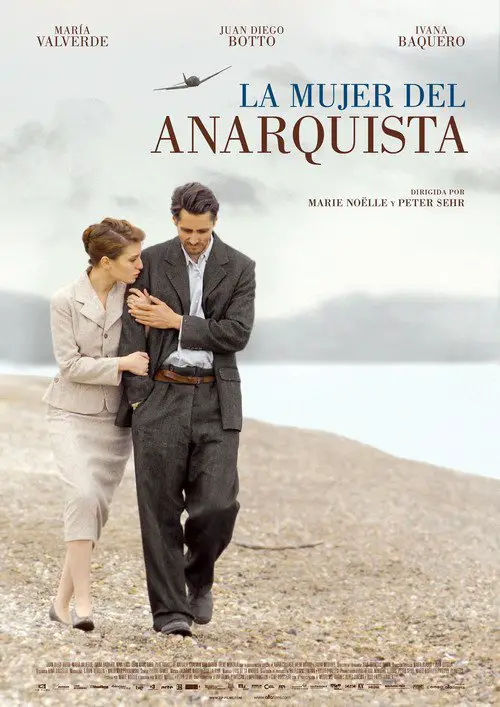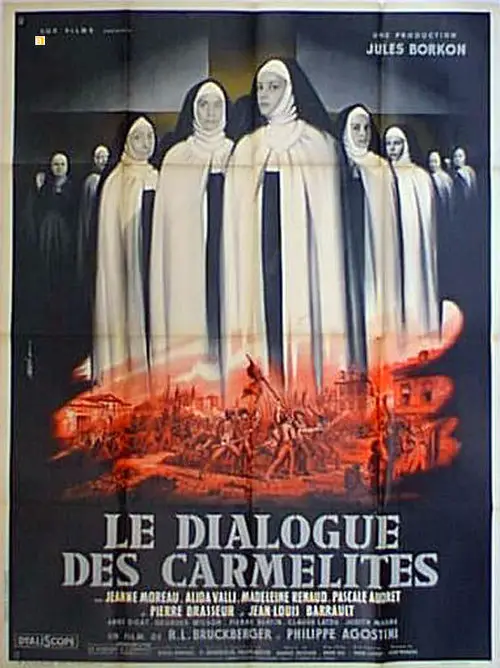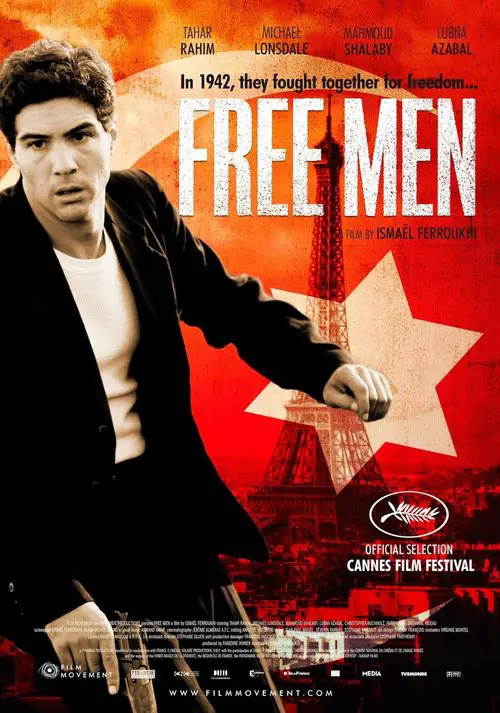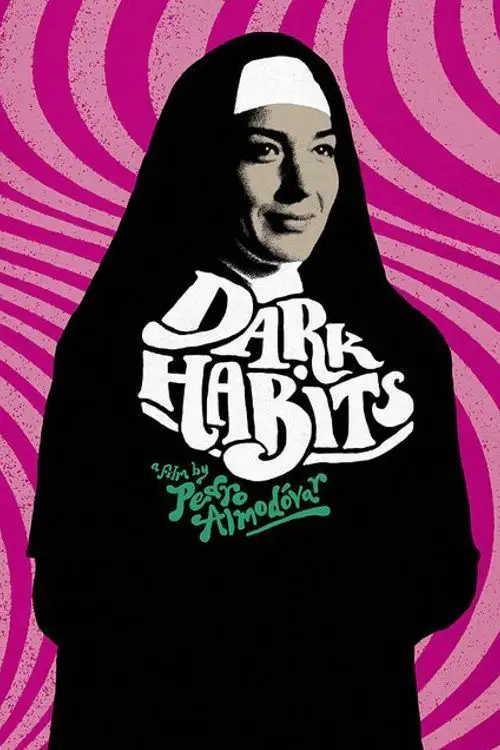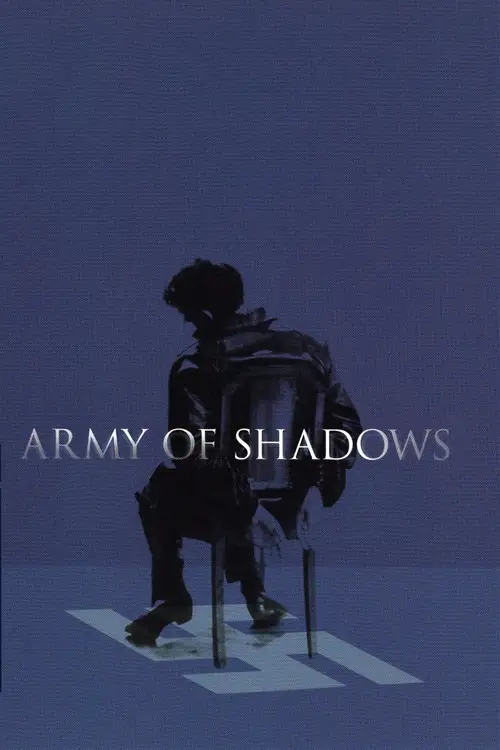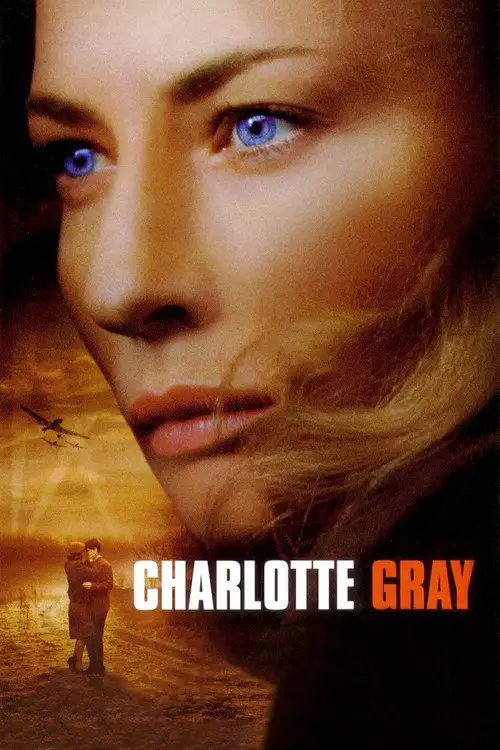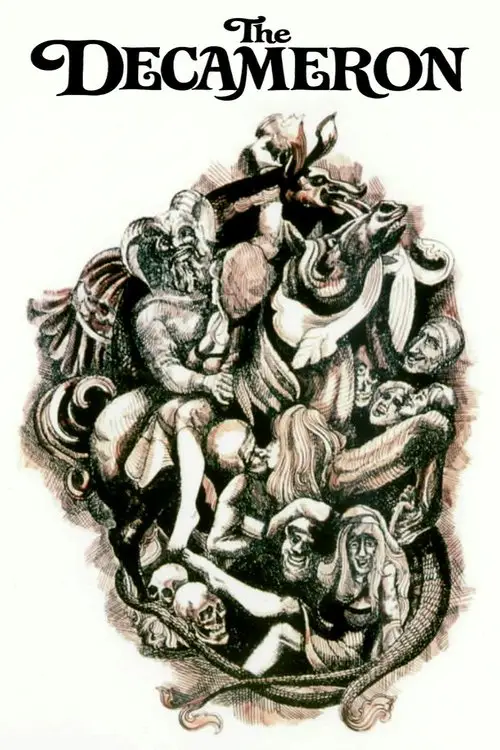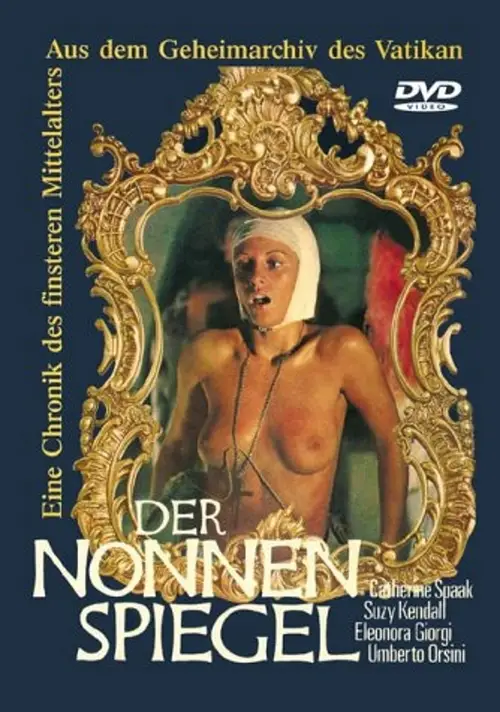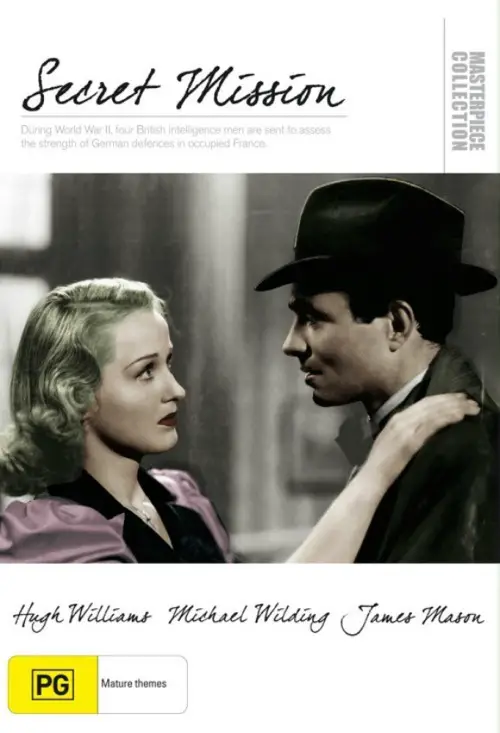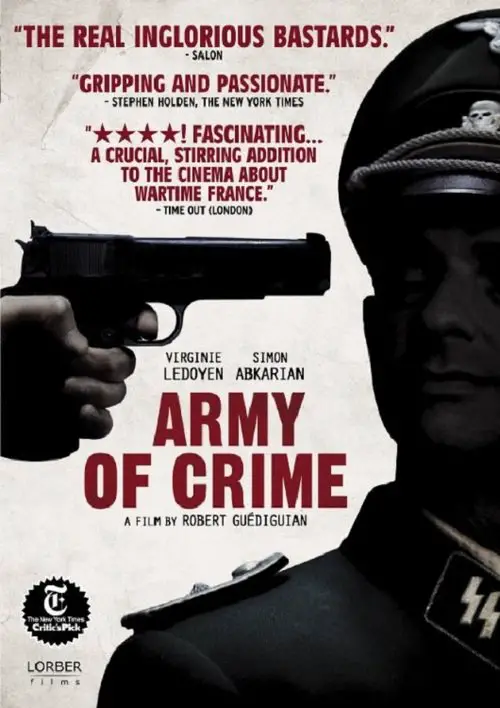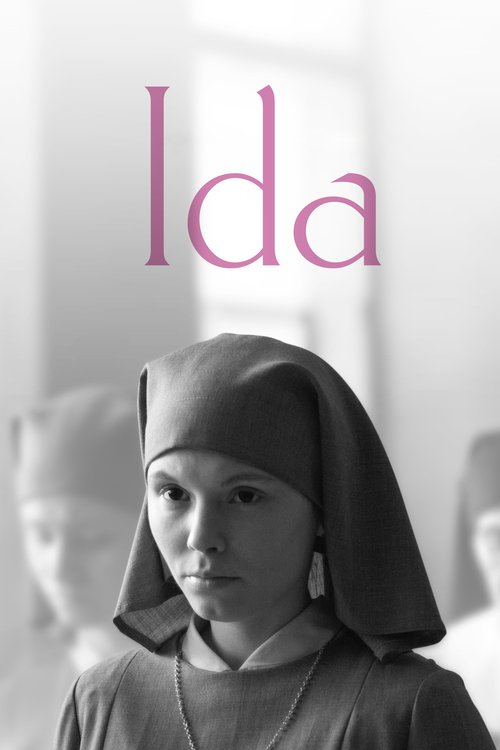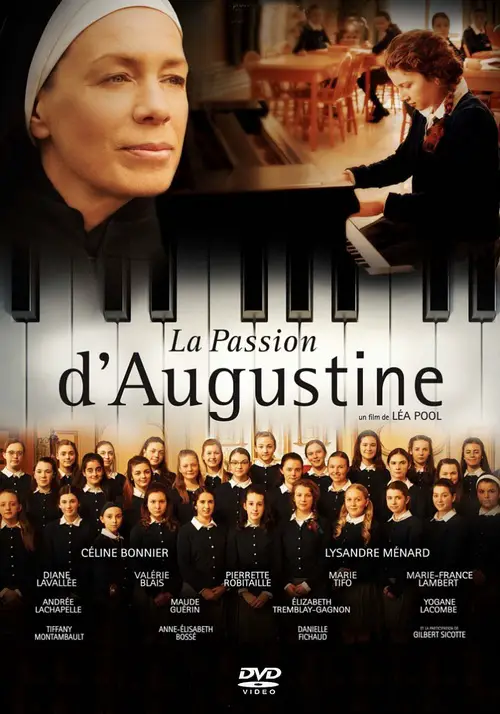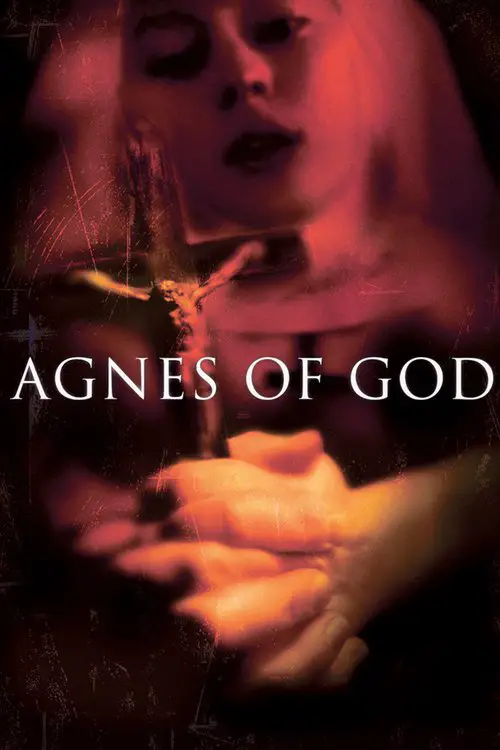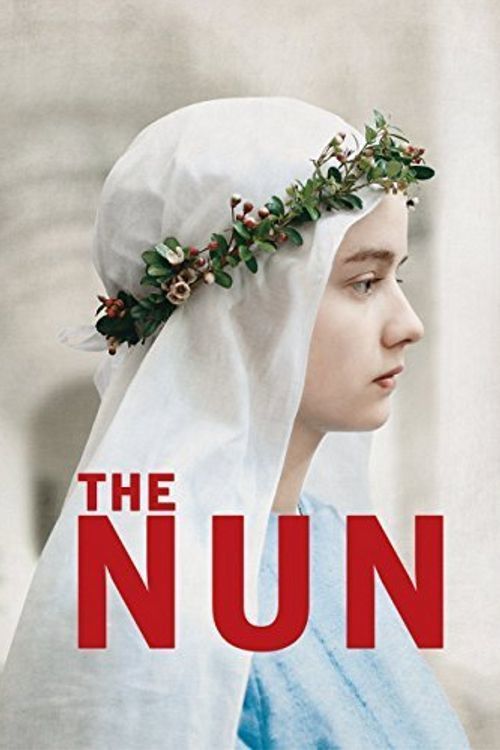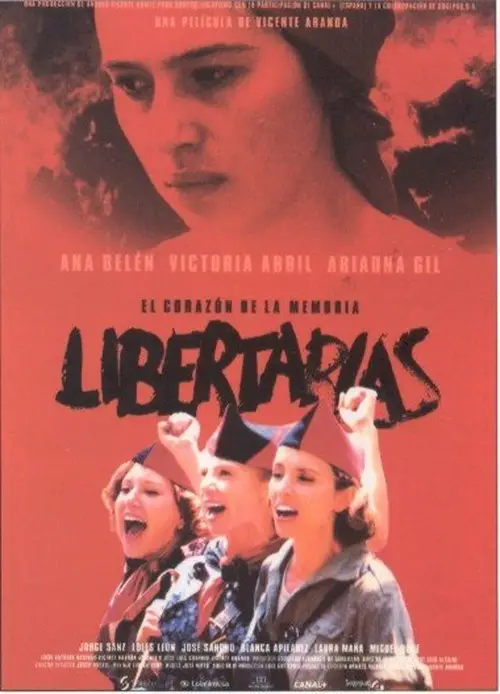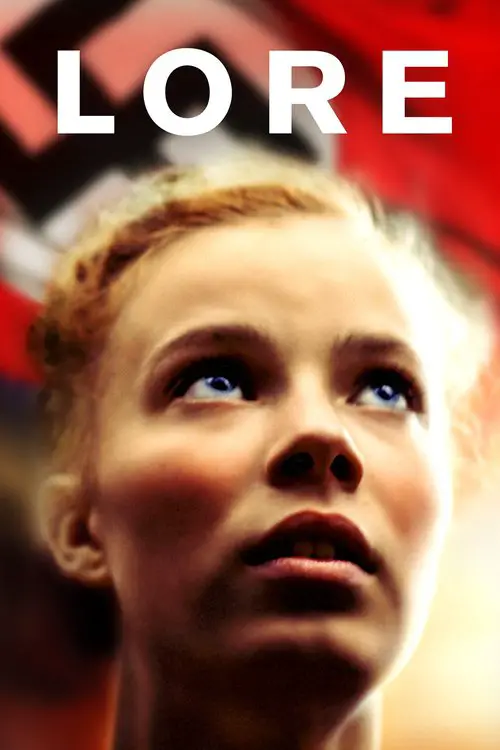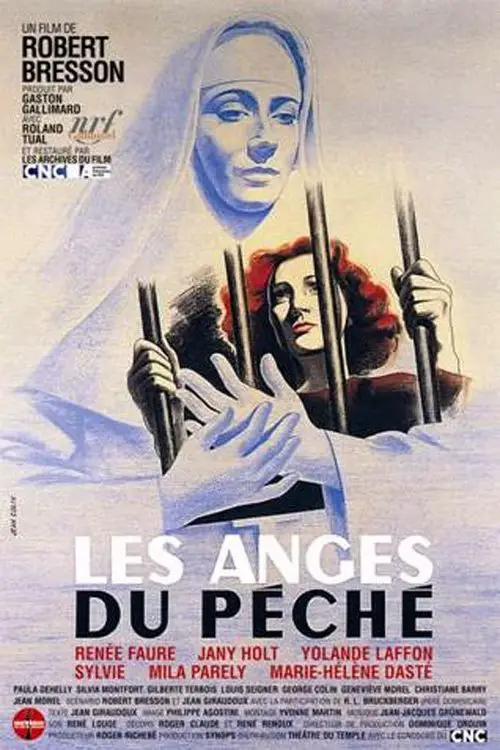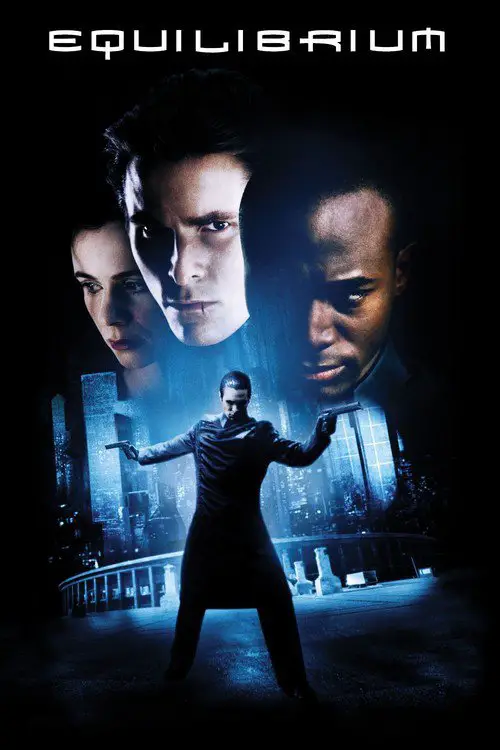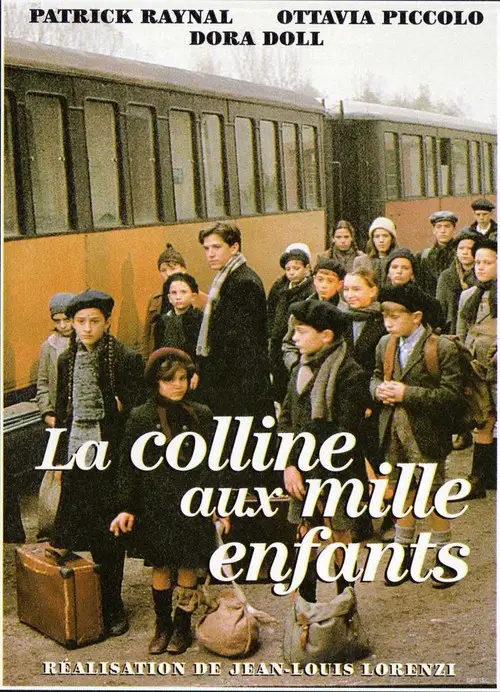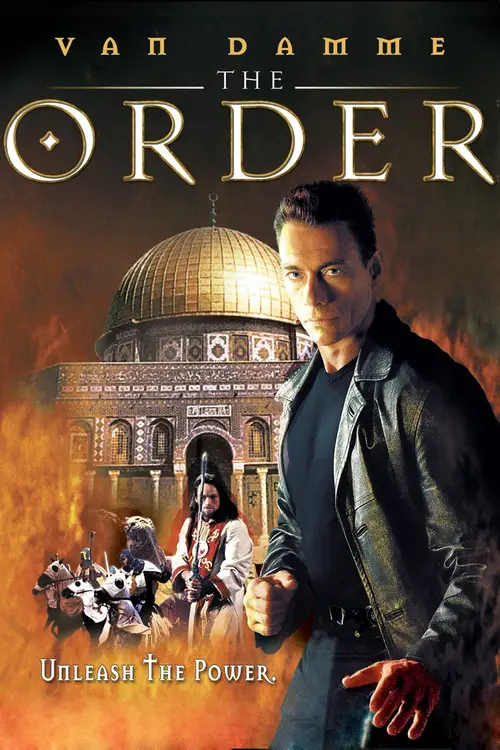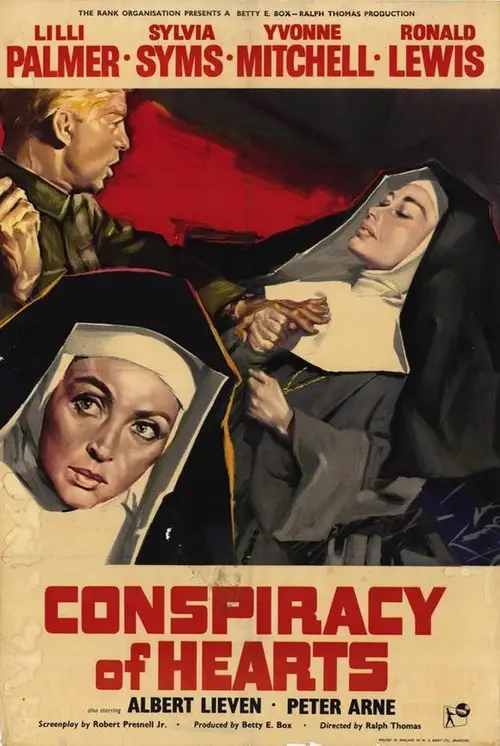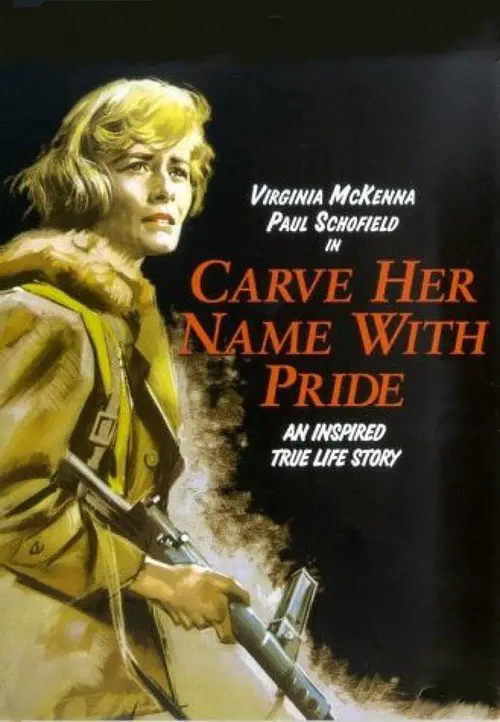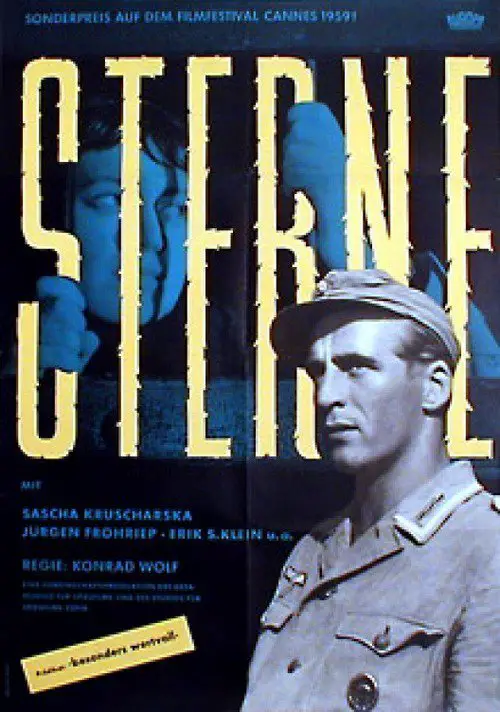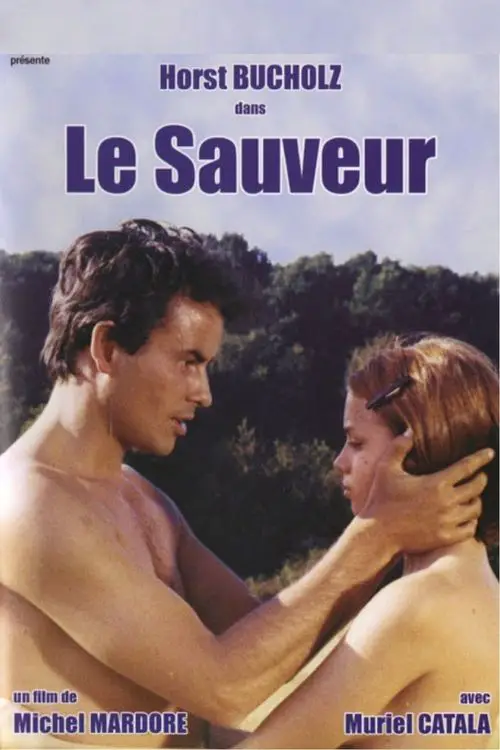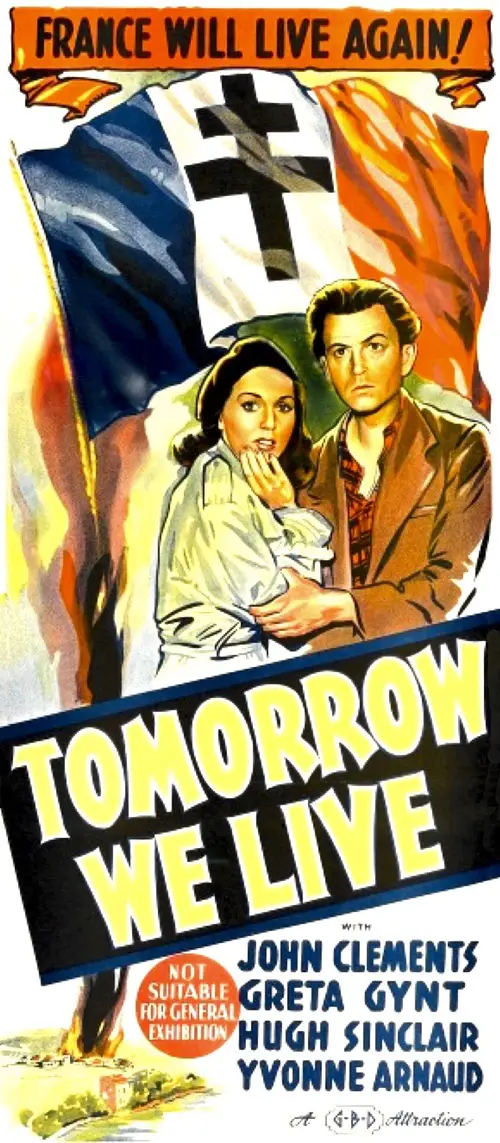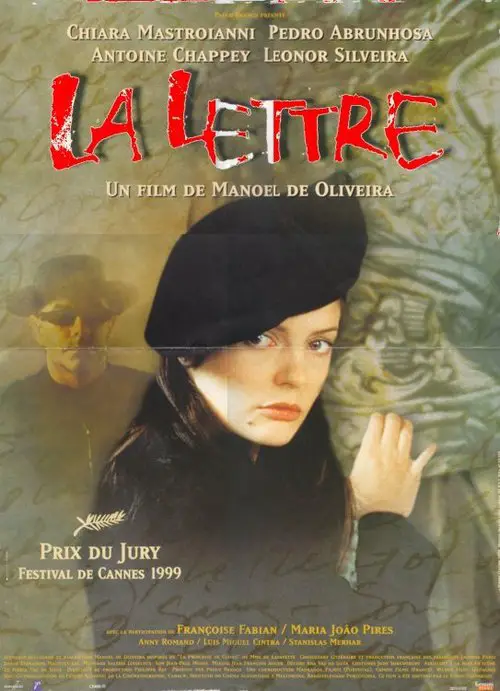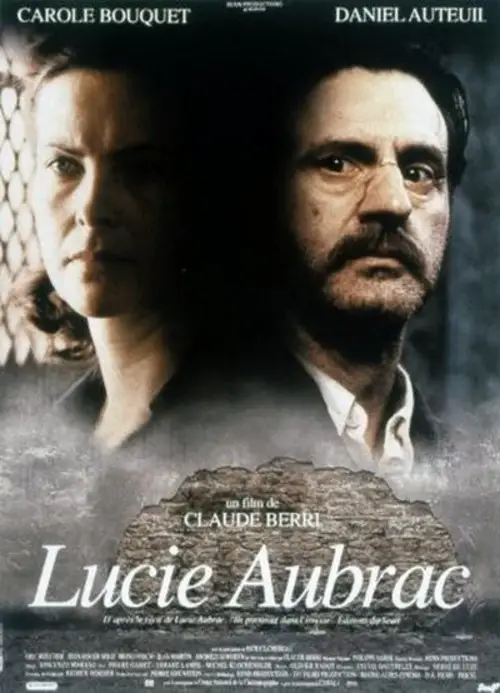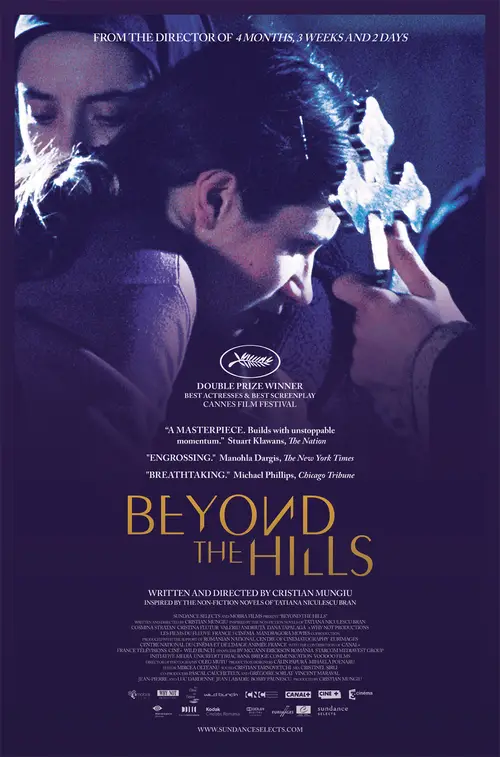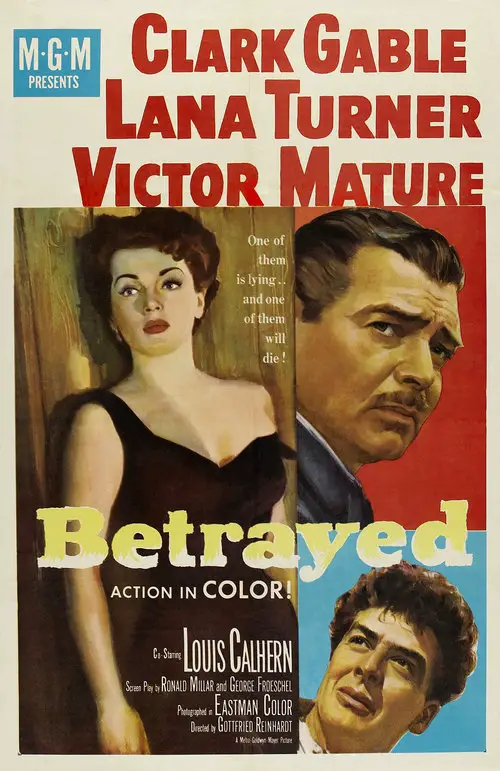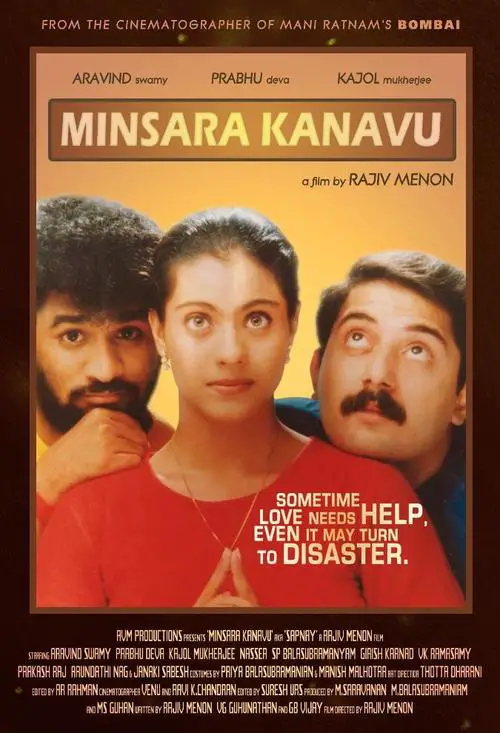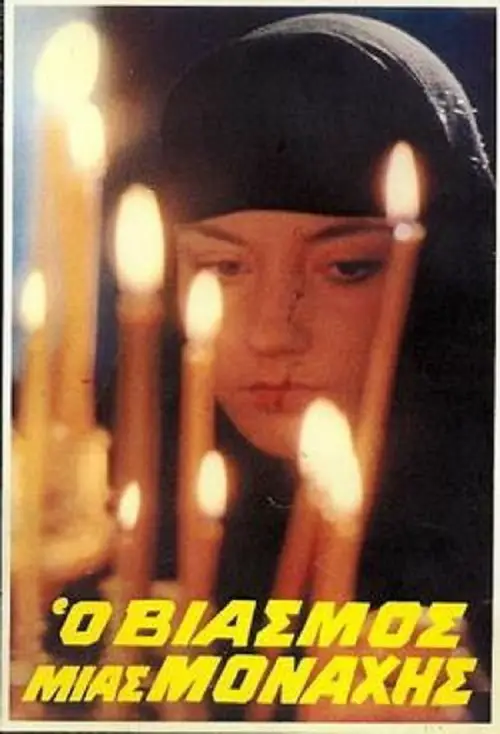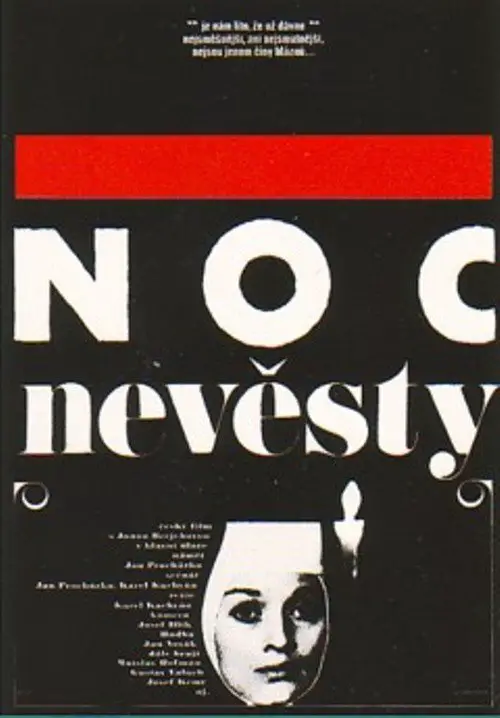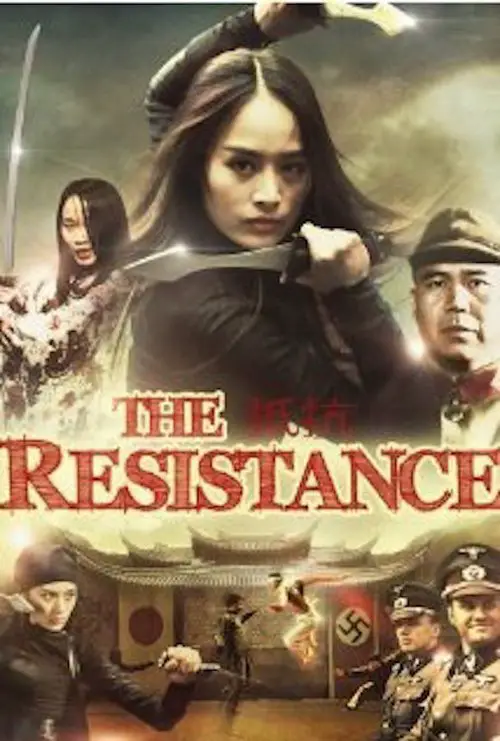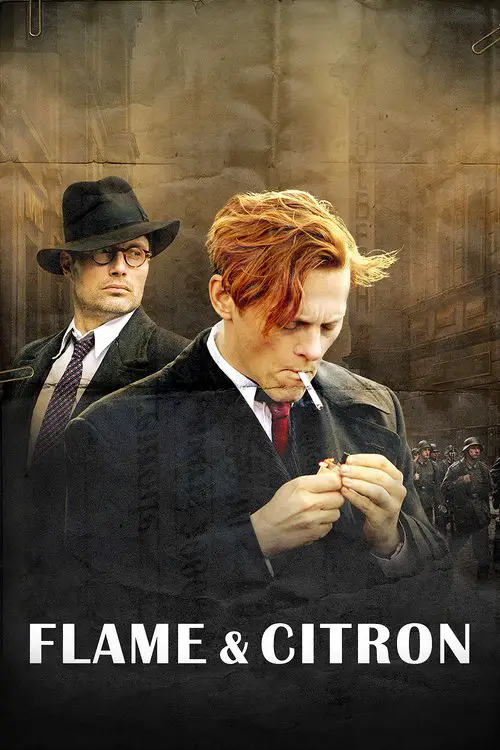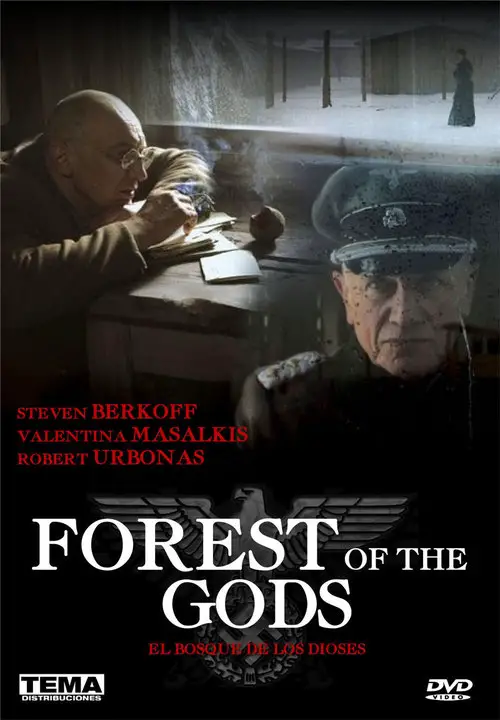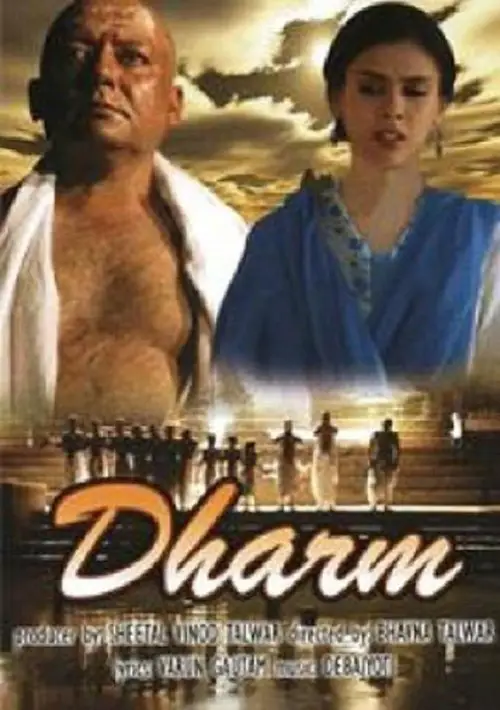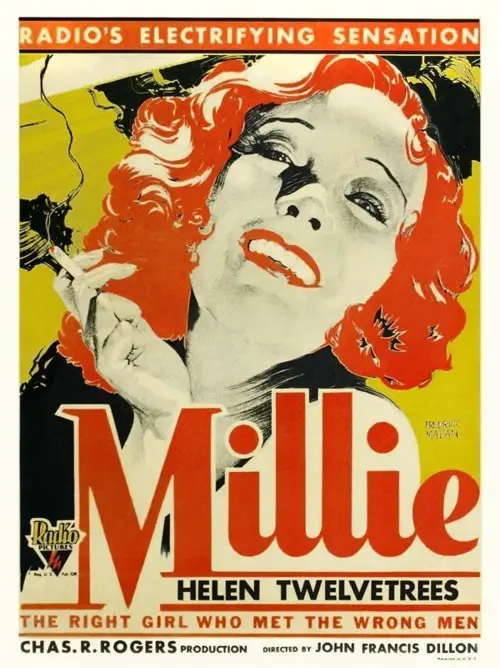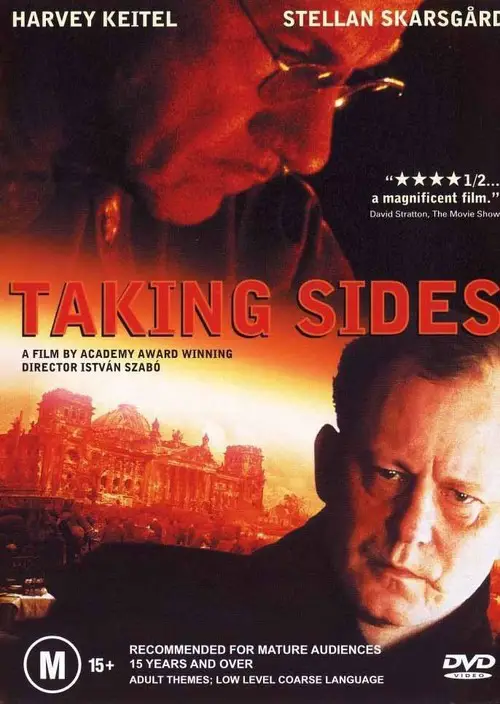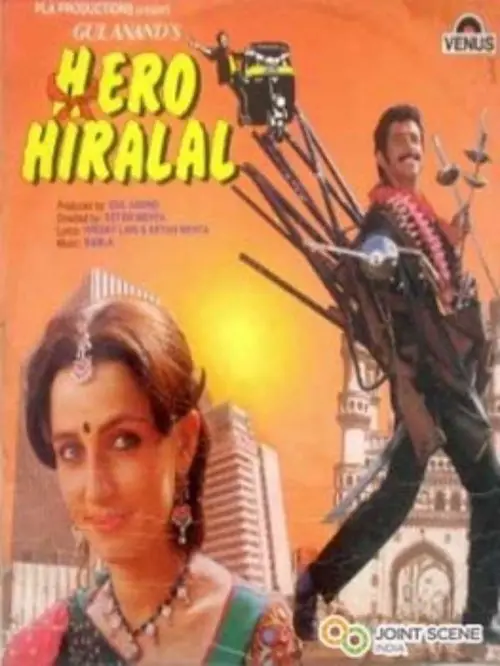The Network of Freedom (2017)
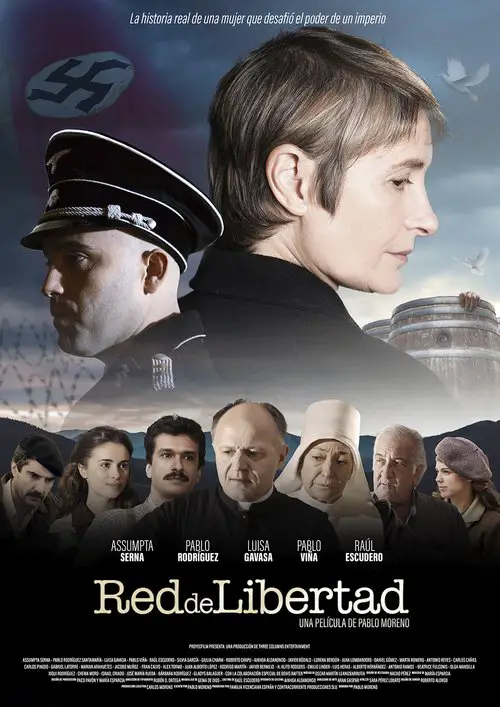
Similar movies
A Gypsy family travels the French roads during the Second World War, followed by Little Claude, a young boy seeking a new family after his parents "left and never returned". Upon reaching a town where they traditionally stop for a few months and work in vineyards, they learn that a new law forbids them from being nomadic. Theodore, the town's mayor, and Miss Lundi, the schoolteacher, protect and help the Gypsies. Despite this, They are arrested and placed in an internment camp. Theodore manages to rescue them and gives them a piece of property where they must settle. But the Gypsies' deeply ingrained thirst for freedom makes this sedentary lifestyle difficult to bear. After Theodore and Miss Lundi are arrested for resistance, the Gypsies decide they must get back on the move in order to remain free.
"The Anarchist's Wife" is the story of Manuela who is left behind when her husband Justo fights for his ideals against Franco's Nationalists during the Spanish Civil War. He is deported to a concentration camp, and upon his release, continues the fight against nationalism in the French resistance. Years, pass without a word from him, but his wife never gives up hope of seeing him again.
In full French Revolution, the young Blanche de la Force decides to protect a convent and so entered the Carmelite order. She meets the cheerful nun Sister Constance and mother Marie, among others, and is happy with them despite the external conflicts and pressures of his father to leave the convent. Film based on real and tragic story from the sixteen Carmelite nuns in the convent of Compiègne in 1794, and collected by the French writer Georges Bernanos in his play of the same name, which in turn was inspired by the piece "The Last of the scaffold" the writer Gertrud von Le Fort.
In Paris during WWII, an Algerian immigrant is inspired to join the resistance by his unexpected friendship with a Jewish man. Based on not very known facts about the Muslim community in Paris during WWII, when the Paris Mosque and its dynamic leader played a pivotal role in supporting the resistance and rescuing Jews.
Betrayed by an informant, Philippe Gerbier (Lino Ventura) finds himself trapped in a torturous Nazi prison camp. Though Gerbier escapes to rejoin the Resistance in occupied Marseilles, France, and exacts his revenge on the informant, he must continue a quiet, seemingly endless battle against the Nazis in an atmosphere of tension, paranoia and distrust.
An adaptation of nine stories from Bocaccio's "Decameron": A young Sicilian is swindled twice, but ends up rich; a man poses as a deaf-mute in a convent of curious nuns; a woman must hide her lover when her husband comes home early; a scoundrel fools a priest on his deathbed; three brothers take revenge on their sister's lover; a young girl sleeps on the roof to meet her boyfriend at night; a group of painters wait for inspiration; a crafty priest attempts to seduce his friend's wife; and two friends make a pact to find out what happens after death. Pasolini is up to his old tricks satirizing the Church, and throwing in liberal doses of life and love
A woman who was promised to a powerful family's son at birth falls in love with another man, refuses to renounce him, and is sent to a nunnery by her shocked parents. Once there, she first undergoes degradation to acclimatize her to convent life; then she experiences rampant lesbianism by the repressed nuns, and becomes pregnant by her lover. Finally, her refusal to accede to one nun's lascivious lesbian advances leads to plotting and treachery, and her lover being murdered out of jealousy. Her life now ruined, she further scandalises her family by refusing to take her vows, and leaves the convent, devoting her existence to those in need. Claims to be based on a true story!
This gripping historical drama recounts the story of Armenian-born Missak Manouchian (Simon Abkarian), a woodworker and political activist who led an immigrant laborer division of the Parisian Resistance on 30 operations against the Nazis in 1943. The Nazis branded the group an Army of Crime, an anti-immigrant propaganda stunt that backfired as the team's members became martyrs for the Resistance. Virginie Ledoyen co-stars as Manouchian's wife.
Poland, 1962. Anna is a novice, an orphan brought up by nuns in a convent. Before she takes her vows, she is determined to see Wanda, her only living relative. Wanda tells Anna that Anna is Jewish. Both women embark on a journey not only to discover their tragic family story, but who they really are and where they belong, questioning their religions and beliefs.
The title is Adolf Hitler's question to his chief of staff Alfred Jodl on the eve of the liberation of Paris (August 25): the military governor of Paris, General Dietrich von Choltitz, had been ordered to destroy Paris rather than let it fall undamaged into the hands of the Allies, but von Choltitz disobeyed.The film follows historical events as U.S. General Dwight D. Eisenhower, head of the Allied invasion, refuses to divert troops to liberate Paris. His hand is forced by the French military leader, Philippe Leclerc, and by a Resistance uprising in the city. Von Choltitz keeps details of the uprising from the German high command in an effort to save the city being destroyed in retaliation. The film follows his turmoil as a soldier and as the man who doesn't wish to be seen by history as the cause of a beautiful city's destruction.
Suzanne Simonin describes her life of suffering in letters. As a young woman she is sent to a convent against her will. Since her parents cannot afford the dowry required for a marriage befitting her rank they decide she must instead become a nun. Although a kind and understanding Mother Superior helps her to learn the conventâs daily routine, Suzanneâs desire for freedom remains unabated. When the Mother Superior dies, Suzanne finds herself faced with reprisals, humiliation and harassment at the hands of the new Abbess and the other Sisters. For many years, Suzanne is subjected to bigotry and religious fanaticism. (Berlinale.de)
At the outbreak of the Spanish Civil War, the nun Maria is forced to flee her convent. She takes refuge in a brothel, until it is liberated by a woman's anarchist group. Maria joins the group and eventually goes to the front. The women's group faces the problems of fighting not only the nationalists, but also factions on the left seeking to impose a more traditional military structure. Written by Brian Rawnsley
After her Nazi parents are imprisoned, Lore leads her younger siblings across a war-torn Germany in 1945. Amidst the chaos, she encounters mysterious Jewish refugee Thomas, who shatters her fragile reality with hatred and desire. To live, she must trust someone she was taught to hate and face the darkness within herself.
A wealthy young woman, Anne-Marie Lamaury, decides to follow her vocation and becomes a nun in a convent which occupies itself with the rehabilitation of female prisoners. During a prison visit, she meets another young woman, Thérèse, with whom she starts to take an interest. Thérèse resolutely claims that she is innocent and rejects Anne-Marieâs attentions. When she is released from prison, Thérèse kills the man who committed the crime for which she was sentenced. She then seeks sanctuary in Anne-Marieâs convent but is unable to speak about what she has done. Anne-Marie is nonetheless determined to bring about Thérèseâs spiritual transformation, even if she risks alienating herself from her fellow sisters.
Gabrielle Van Der Mal gave up everything to become a nun. But her faith and her vows are forever being tested: first in the missionary Congo hospital where she assists the brilliant and handsome Dr. Fortunati and then at the mother house in France when World War II has broken out and the nuns are forbidden by the order to take sides.
Someone we hear talking - but whom we do not see - speaks of a project which describes the four key moments of love: meeting, physical passion, arguments/separation and making up. This project is to be told through three couples: young, adult and old. We do not know if the project is for a play, a film, a novel or an opera. The author of the project is always accompanied by a kind of servant. Meanwhile, two years earlier, an American civil servant meets with an elderly French couple who had fought in the Resistance during World War II, brokering a deal with a Hollywood director to buy the rights to tell their story. The members of the old couple's family discuss heatedly questions of nation, memory and history.
When Rudy, an artifacts smuggler, goes to Jerusalem to rescue his kidnapped archeologist father, he faces deportation by a scheming police chief. Now, to find his dad and recover a sacred scroll, he'll have to outwit officials and a ruthless sect. With the help of a beautiful Israeli cop, Rudy battles a faction of religious zealots determined to see a holy war at all costs.
Violette Bushell is the daughter of an English father and a French mother, living in London in the early years of World War 2. She meets a handsome young French soldier in the park and takes him back for the family Bastille day celebrations. They fall in love, marry and have a baby girl when Violette Szabo receives the dreaded telegram informing her of his death in North Africa. Shortly afterwards, Violette is approached to join the SOE (Special Operations Executive). Should she stay and look after her baby or "do her duty" ?
World War II has long provided fodder for European filmmakers and East German director Konrad Wolf is no exception. In this uneven though at times compelling drama, he examines the conflict involved in a forbidden love. While the war is in full swing, a young German solder is assigned to a unit in charge of deporting Jews to the death camps. He falls in love with one of the Jewish women being deported, an impossible situation which he knows has no easy solution, if any. Alternately philosophical and at the end, at least, quite powerful, this film may still be too downbeat for most general audiences.
Summer, 1943. Nanette is a solitary 14-year old girl whose family owns a farm in a remote region of rural France. One day, she encounters a handsome young man who has suffered a slight injury to his foot. Named Claude, he reveals that he is an English soldier and appeals to Nanette to shelter him from the Nazis. Although she has been brought up to hate the English (her family are staunch Pétain supporters), Nanette takes him to her fatherâs farm and finds him a hiding place in a disused attic. Whilst he is recovering, Nanette brings him food and keeps him amused. In no time, Nanette realises that she is in love with Claude, but he is insistent that he must find a French resistance group. Reluctantly, Nanette asks around the village and finds various contacts for Claude...
British World War II film set in occupied France, portraying the activities of members of the French Resistance and the Nazi tactic of taking and shooting innocent hostages in reprisal for acts of sabotage. The opening credits acknowledge "the official co-operation of General de Gaulle and the French National Committee". It was released as "At Dawn We Die" in the US.
A well-bred, lovely, spiritual, sad young woman marries an attentive physician who loves her. She feels affection but no love. Soon after, without design, she falls in love with Pedro Abrunhosa, a poet and performance artist. He also loves her. She keeps her distance from him, confessing her love to a friend who is a nun and, later, to her husband. Hunger for her love and jealousy consume him; she attends him as he wastes away. With his death, she can marry and express her passion, but what she does and how she explains herself, particularly to her cloistered friend, is at the heart of the film. Glimpses of convent life and of Abrunhosa on stage give contrast and mute comment.
Berlin 1943/44 ("The Battle of Berlin"). Felice, an intelligent and courageous Jewish woman who lives under a false name, belongs to an underground organization. Lilly, a devoted mother of four, though an occasional unfaithful wife, is desperate for love. An unusual and passionate love between them blossoms despite the danger of persecution and nightly bombing raids. The Gestapo is on Felice's trail. Her friends flee, she decides to sit out the war with Lilly. One hot day in August 1944, the Gestapo is waiting in Lilly's flat...
Screen superstars Clark Gable ("Gone With The Wind," "It Happened One Night") and sultry bombshell Lana Turner ("Peyton Place," "The Postman Always Rings Twice") team-up in this intriguing WWII drama. Suspected of being a Nazi spy, Dutch-resistance member Turner is given a last chance mission to redeem herself. Gable is an American colonel who falls in love with her. Co-starring Victor Mature ("My Darling Clementine") and Oscar-nominee Louis Calhern ("The Asphalt Jungle").
Priya has been brought up in a convent school and wants to become a nun, much to the horror of her father. Thomas loves her but is unable to tell her anything. He takes the help of Deva who is notorious for changing women's minds, into changing Priya's mind about being a nun. Complications arise when Priya falls in love with Deva instead.
In april 1944, an allied agent is sent to France in order to rescue an "overlord" captured by the Germans. (An "overlord" is one of the few men who knew the date and place of the "D" day). To achieve this goal, he will be supported by a secret friend of the allies, a very important German officer and the French resistance. But the nazi SS is not resting...
The first of what Luis Buñuel later proclaimed a trilogy (along with The Discreet Charm of the Bourgeoisie and The Phantom of Liberty) about âthe search for truth,â The Milky Way (La voie lactee) daringly deconstructs contemporary and traditional views on Catholicism with ribald, rambunctious surreality. Two French beggars, present-day pilgrims en route to Spainâs holy city of Santiago de Compostela, serve as Buñuelâs narrators for an anticlerical history of heresy, told with absurdity and filled with images that rank among Buñuelâs most memorable (stigmatic children, crucified nuns) and hilarious (Jesus considering a good shave). A diabolically entertaining look at the mysteries of fanaticism, The Milky Way remains a hotly debated work from cinemaâs greatest skeptic.
Catania, Sicilia 1854. A serious epidemic of cholera is hitting the region. Maria a 16 years old novice leaves her convent and returns her home to avoid contamination. Here she finds a difficult situation, in fact her stepmother and her half-sisters prevent Maria to live the normal life of a teenager. In their minds Maria is the promised "bride of God" and a regular life for her is inappropriate. Nino, her handsome neighbor, falls in love for Maria who isn't indifferent to him. But when Maria comes back to her convent the way to become nun is compelled. Now Maria can understand Sister Agata, and realizes she became mad cause a lost and impossible love like the one between Maria and Nino.
In 1937, Japan began their invasion of China by murdering over 300,000 people in the capital of Nanjing. The atrocities committed against women and their daughters are especially barbaric. One of them is Xiaoyun, a peasant girl who fights with the Chinese resistance group. On her way to freedom she must fight against Japanese soldiers, ninjas, a killer geisha, Nazis, and the evil General of the Japanese imperial army.
Soviet paratroopers drop into Alaska to sabotage the oil pipeline in retaliation against a United States grain embargo. A skirmish occurs at a pumping station, lightly defended by Col. Jake Caffey and a National Guard reckon unit. A stalemate ensues while the possibility of World War III hangs in the balance. The danger escalates as the Russian leaders and the American President play a cat-and-mouse game.
During Nazi occupation, red-headed Bent Faurschou-Hviid ("Flame") and Jørgen Haagen Schmith ("Citron"), assassins in the Danish resistance, take orders from Winther, who's in direct contact with Allied leaders. One shoots, the other drives. Until 1944, they kill only Danes; then Winther gives orders to kill Germans. When a target tells Bent that Winther's using them to settle private scores, doubt sets in, complicated by Bent's relationship with the mysterious Kitty Selmer, who may be a double agent. Also, someone in their circle is a traitor. Can Bent and Jørgen kill an über-target, evade capture, and survive the war? And is this heroism, naiveté, or mere hatred?
The story about one man - an artist and an intellectual - who was imprisoned by two brutal regimes, the Nazis and the Soviets. 'The Professor' is a man who lives by his own personal version of the Ten Commandments. After miraculously surviving imprisonment in a Nazi concentration camp through a bit of ironic fate, he writes a memoir of his life, which becomes the target of the Soviet censors. The so-called "freedom" of Communism becomes just as oppressive as the German concentration camp.
The story is based in Banaras and is about a Hindu Priest Chaturvedi (Pankaj Kapoor) who follows the scriptures to practice Hindu religion. When a child is abandon by a woman and brought in his house by his daughter - after initial hesitation but due to requests from his wife (Supriya Pathak) - the family adapts the child; only to know after 4 years that the child is a Muslim. The family gives away the child and Chaturvedi engulfs himself in the purification process to cleanse his body, mind and soul due to contact with a Muslim soul. By the time, Chaturvedi thinks he is fully purified â the child reappears â seeking refuge, due to Hindu- Muslim riots. This is the time Chaturvedi finally realizes that the true religion is - religion where humans help humans â humanity.
Millie Blake has a love affair that goes wrong, so Millie plays the field recklessly from that point on. When she finds out that one of the reckless players from her past has now cast his spell on her daughter, she takes matters into her own hands and finds herself in a courtroom trying to find a better defense plea than mother-love and honor-protection.
Five Jewish Hungarians, now U.S. citizens, tell their stories: before March, 1944, when Nazis began to exterminate Hungarian Jews, months in concentration camps, and visiting childhood homes more than 50 years later. An historian, a Sonderkommando, a doctor who experimented on Auschwitz prisoners, and US soldiers who were part of the liberation in April, 1945.
A tale based on the life of Wilhelm Furtwangler, the controversial conductor of the Berlin Philharmonic whose tenure coincided with the controversial Nazi era. One of the most spectacular and renowned conductors of the 30s, Furtwangler's reputation rivaled that of Toscanini's. After the war, he was investigated as part of the Allies' de-Nazification programme. In the bombed-out Berlin of the immediate post-war period, the Allies slowly bring law and order--and justice--to bear on an occupied Germany. An American major is given the Furtwangler file, and is told to find everything he can and to prosecute the man ruthlessly. Tough and hard-nosed, Major Steve Arnold sets out to investigate a world of which he knows nothing. Orchestra members vouch for Furtwangler's morality--he did what he could to protect Jewish players from his orchestra. To the Germans, deeply respectful of their musical heritage, Furtwangler was a demigod; to Major Arnold, he is just a lying, weak-willed Nazi.
A year and a half ago the world was hit with the biggest catastrophe it had ever seen. Without warning and without explanation, hundreds of millions of people simply vanished off the face of the earth. The world was in chaos like it had never been before. Yet somehow one man seemed to rise to the challenge. One man had the strength and conviction to unite a shattered world. One man gave the world hope. That man was NICOLAE CARPATHIA. He now rules the entire world.
Hyderabadi Hiralal, who is also referred to as 'Hero' due to his obsession with Bollywood movies, drives an auto-rickshaw and often gets into fisticuffs. Things change when he meets with actress, Roopa, shows her around, and falls head-over-heels in love with her - so much so - when the unit leaves, he drives all the way to Bombay to be close to her. It is here that he will come to know that she has no similar feelings for him - and he will be thrown into contact with beautiful and manipulative actress, Sitara Devi, who has new and different role for him - one that will change his life forever.
Max Manus is a Norwegian 2008 biographic war film based on the real events of the life of resistance fighter Max Manus (1914â96), after his contribution in the Winter War against the Soviet Union. The story follows Manus â played by Aksel Hennie â through the outbreak of World War II in Norway until peacetime in 1945.
© Valossa 2015–2026
| Privacy Policy
